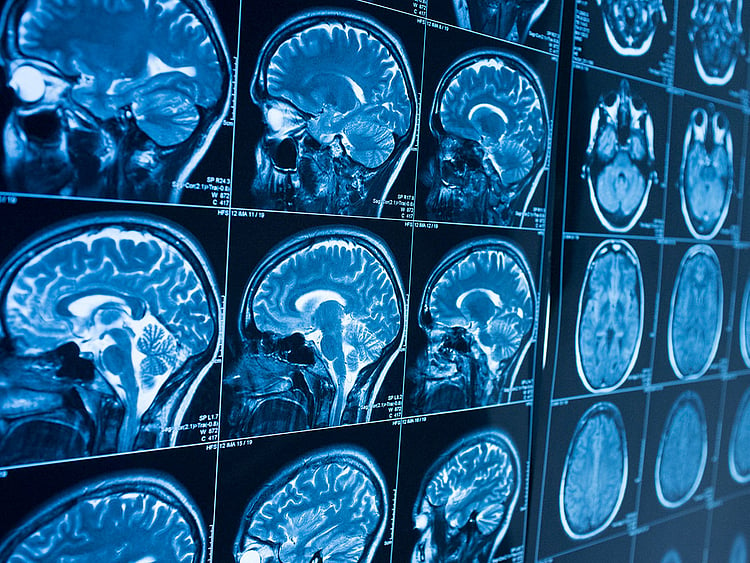Dubai: Ever felt like you've entered a completely different chapter of your life, almost as if you've become a new version of yourself? Turns out, your brain might actually be going through exactly that and science can now pinpoint when it happens.
Scientists have discovered that our brains don't develop in one smooth pattern from birth to old age. Instead, they go through five distinct phases, with major shifts happening at ages 9, 32, 66, and 83.
The research, based on brain scans of nearly 4,000 people aged under one to 90, mapped how the connections in our brains change throughout our lives. The study published on November 25, conducted by researchers at the University of Cambridge and published in the journal Nature Communications, challenges some of our assumptions about when we truly grow up and when we start getting old.
"Looking back, many of us feel our lives have been characterised by different phases. It turns out that brains also go through these eras," Professor Duncan Astle from Cambridge University told the University.
The five brain phases
Childhood (birth to age 9): During this first phase, the brain is rapidly growing but also trimming down the excess connections between brain cells that babies are born with. Interestingly, the brain actually becomes less efficient during this period like a child wandering around a park rather than walking straight from one point to another.
Adolescence (9 to 32): The biggest shift happens at age nine, when the brain enters what researchers call a period of "ruthless efficiency." The connections between brain cells become increasingly refined, and the brain gets better and better at processing information. This phase peaks in the early thirties, which backs up other research suggesting our brains function at their best around this age.
"We're definitely not saying that people in their late twenties are going to be acting like teenagers," Dr Alexa Mousley had said to the outlet. "It's really the pattern of change." What's striking is that adolescence, once thought to end in the teenage years, actually continues well into our thirties.
This extended adolescent phase is also when mental health disorders are most likely to emerge, which could help explain why these conditions often begin during this period of life.
Adulthood (32 to 66): Around age 32, the strongest overall shift occurs. The brain enters its longest phase, lasting more than three decades. Things stabilise compared to the dramatic changes before, though the improvements in brain efficiency begin to reverse. This period "aligns with a plateau of intelligence and personality," Dr Mousley told the BBC something many of us have probably noticed in ourselves or others.
Early ageing (66 to 83): At 66, another turning point happens, though it's not a sudden decline. Instead, the brain starts working differently. Rather than coordinating as one whole unit, different regions begin operating more independently like band members starting their own solo projects. This is also the age when conditions like dementia and high blood pressure affecting brain health start to show up.
Late ageing (83 onwards): The final phase begins at 83. The changes are similar to early ageing but more pronounced. There's less data for this group since finding healthy brains to scan at this age is more challenging.
What this means
The experts were surprised by how well these brain phases align with major life events puberty, parenthood in the early thirties, and health concerns later in life. They felt it was a "very cool study highlighting how much our brains change over our lifetimes." However, she cautioned that not everyone will experience these changes at exactly the same ages.
Understanding these phases could help us identify when the brain is most vulnerable to disruption and why certain conditions emerge at particular life stages. It turns out our brains have their own story to tell one with distinct chapters we all pass through.
Sign up for the Daily Briefing
Get the latest news and updates straight to your inbox
Network Links
GN StoreDownload our app
© Al Nisr Publishing LLC 2026. All rights reserved.
